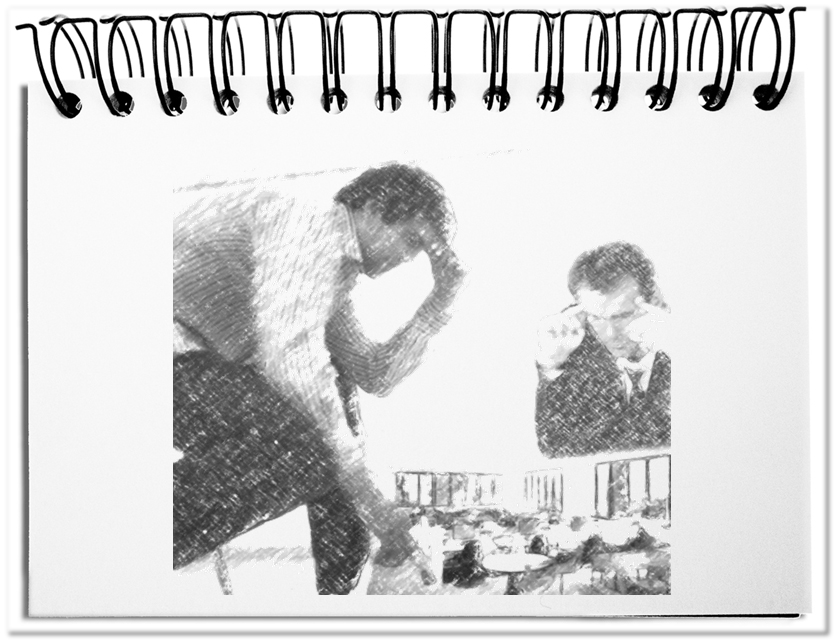The image that we have of project managers is determined by our imagination. A project is a temporary undertaking of different size with a clear start and end as well as the required resources – personnel, budget, and infrastructure. Managers are personalities with the role that includes controlling the activities with wide-ranging authority and responsibility for the results. In the end, a project manager actually is a doer, founder, employer, entrepreneur, or leader. The fact that this task is often limited to the role of a clerk or a coordinator without power, explains the fact that projects often do not achieve their objectives.
The company founder normally starts one business at a time. The wrong expectations towards project leaders result in a lack of empowerment and are reflected in the number of parallel projects to be managed – a single project has 100% attention (40 hours per week); each of four projects 25% (10 hours per week); with eight projects 13% each (5 hours per week). Depending on the modus operandi (e.g. PMBoK, PRINCE, GPM or even agile approaches) the activities may differ. However, in any case, communication with the participants has to take place, the team has to be led on request and daily and weekly reports have to be prepared.
- Required communication
This includes the taking care of emails, phone calls and meetings. On average, we have to deal with 21 to 50 daily emails and 11 to 50 phone calls. In addition, meetings with the project teams, managers and external parties are needed, each of which takes between 15 to 60 minutes or even more. With several projects, the project manager sometimes only has one hour per week for this exchange. - Appropriate leadership
Leading includes personal alignment with employees and managers (e.g. feedback, target agreement, personal career), solving disputes and crises, and providing motivation and support. With in a year, this quickly accounts for 20% of working time – i.e. one day per week across various projects. Of these eight hours per week, sometimes only one hour is available for leadership per initiative. - Mandatory reports
Comprehensibility is the essential purpose of the reports. Many addressees assume that up-to-dateness, accuracy, consistency and significance come at the push of a button. However, the project manager ensures through random samples that the data and figures provided by the team members are in a timely and correct manner that fit to each other. Daily controlling is the prerequisite for always up-to-date data that are regularly integrated to overarching reports. - Overarching tasks
The summary of the daily data to weekly, monthly, quarterly milestone and final reports regarding the progress of the project, the employees deployed, the financial consumption as well as the need for action and decision making creates for various stakeholders a current overview. In addition, certain tasks take place weekly, such as the start and end of the week, including lessons learned and plan adjustments. The number of reports can vary from one project to another. With multiple projects, the project manager may merely spend an hour a week to produce conclusive reports in the respective initiative. - Remaining time
The rest is available for other spontaneous tasks – content-related, relational and personal activities. With several projects, the project manager may have only one hour per week for unexpected tasks.
Bottom line: It should be clear that this workload cannot be compensated by overtime. Projects are the form for today’s tasks. If one takes the objectives seriously and really wants to achieve the desired results, then those ordering parties should offer under all circumstances the project management the chance to commit oneself to one project or to accept the fact that the project will fail with a two-thirds probability. Otherwise: Project managers with five parallel projects have only eight hours per project and week.


